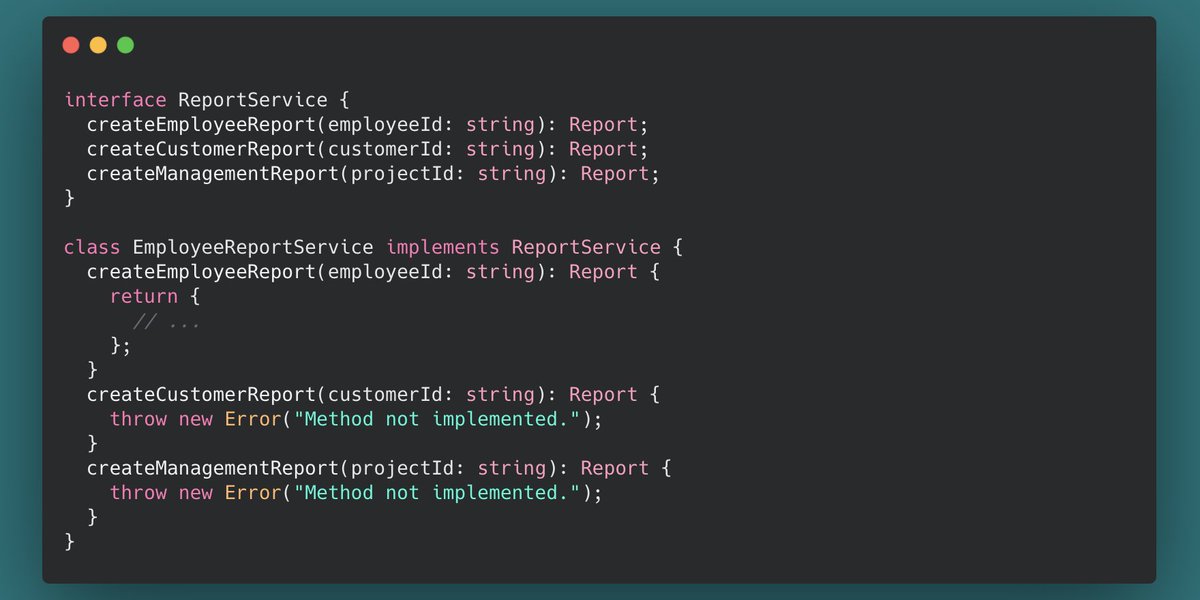
Although I am not a data scientist by any means, I was recently asked what knowledge of math someone would need to be able to efficiently get into the field.
Well, I researched a little and came up with the following course track, starting with the basics.
🧵👇
Well, I researched a little and came up with the following course track, starting with the basics.
🧵👇
Calculus 1 will cover a lot of the basics, relevant especially to optimization problems which are quite common in data science.
khanacademy.org/math/calculus-1
khanacademy.org/math/calculus-1
Calculus 2 will go even deeper and cover topics such as integration techniques and differential equations.
Especially integrals are pretty important for probability distributions and hypothesis testing!
khanacademy.org/math/calculus-2
Especially integrals are pretty important for probability distributions and hypothesis testing!
khanacademy.org/math/calculus-2
More integrals!
You'll find many topics from Calculus 2 here, but use the chance to repeat integrals, as they are pretty important for data science.
khanacademy.org/math/integral-…
You'll find many topics from Calculus 2 here, but use the chance to repeat integrals, as they are pretty important for data science.
khanacademy.org/math/integral-…
Linear Algebra covers vectors, matrices, and such.
It is important if you want to get into recommendation systems or even deep learning, later.
If you don't want to get into those topics, yet, view this one as optional!
khanacademy.org/math/linear-al…
It is important if you want to get into recommendation systems or even deep learning, later.
If you don't want to get into those topics, yet, view this one as optional!
khanacademy.org/math/linear-al…
Statistics and probability is basically your bread and butter.
This is a lot of what data science is about, so it should, of course, be included here!
khanacademy.org/math/statistic…
This is a lot of what data science is about, so it should, of course, be included here!
khanacademy.org/math/statistic…
And that's it!
You can cover the basic math by simply using Khan Academy, and I really like their curriculum for how good it is.
There are, of course, other sources out there on the internet, but having only one platform to work with, might help. 😊
You can cover the basic math by simply using Khan Academy, and I really like their curriculum for how good it is.
There are, of course, other sources out there on the internet, but having only one platform to work with, might help. 😊
• • •
Missing some Tweet in this thread? You can try to
force a refresh



